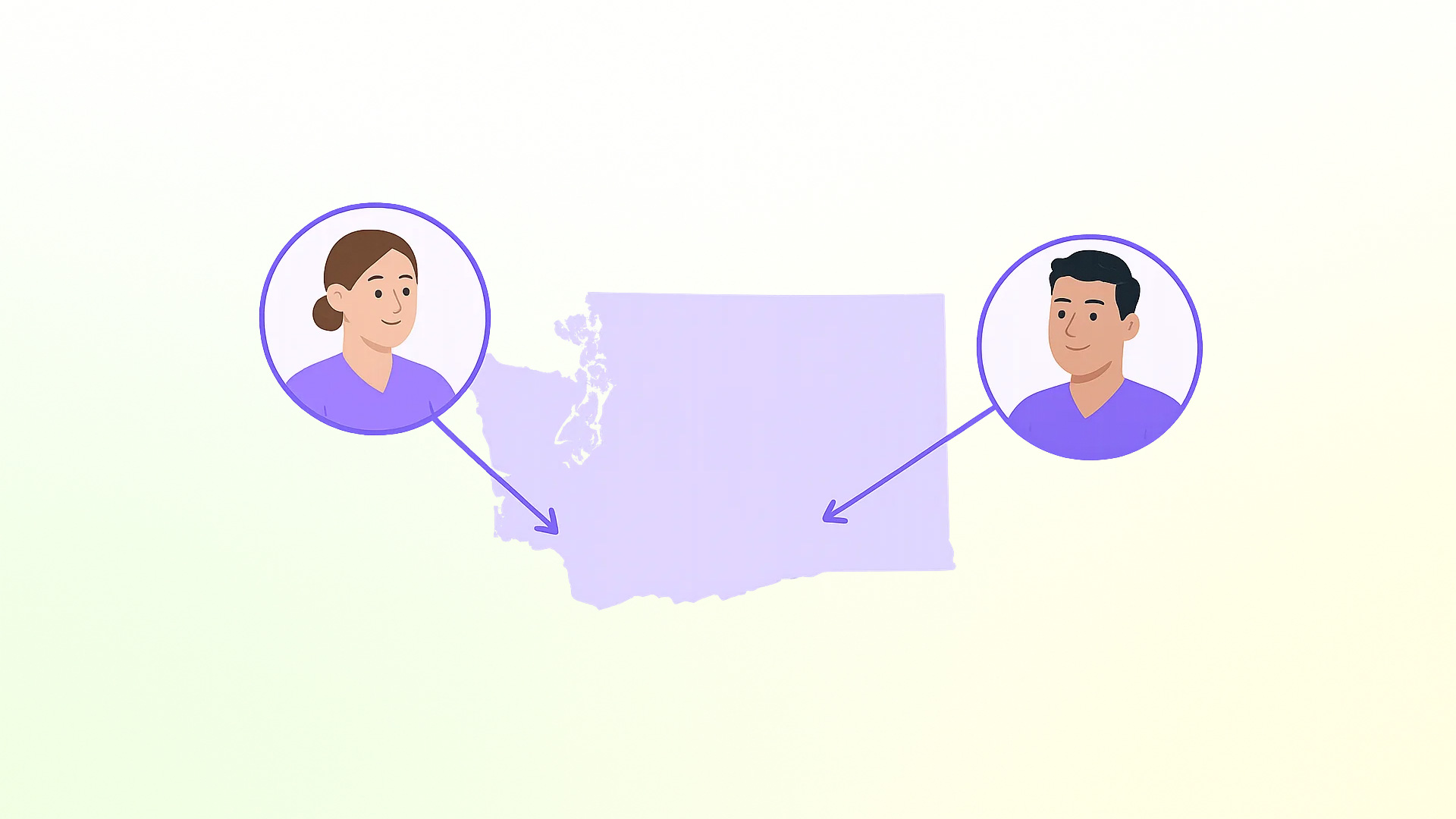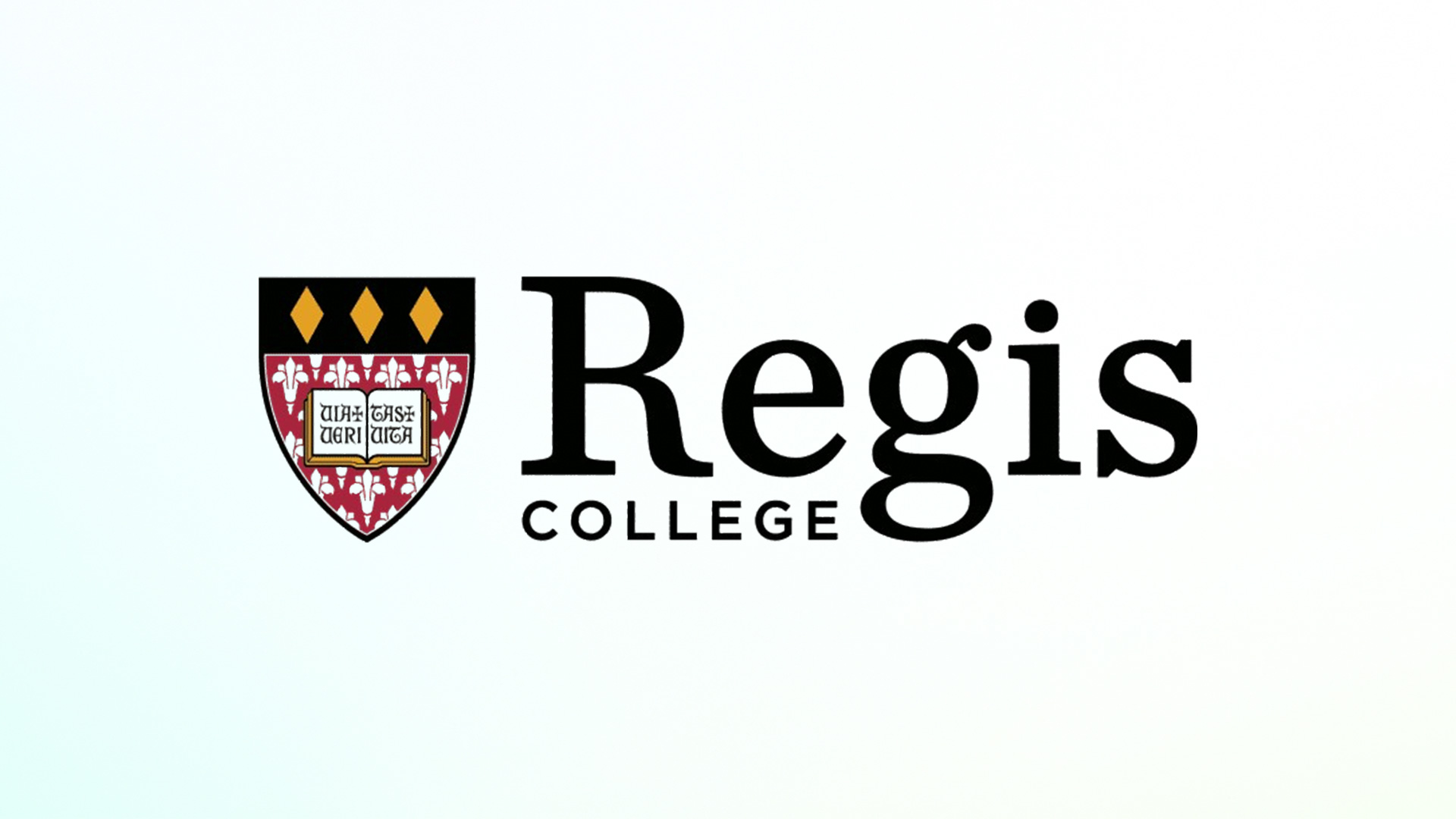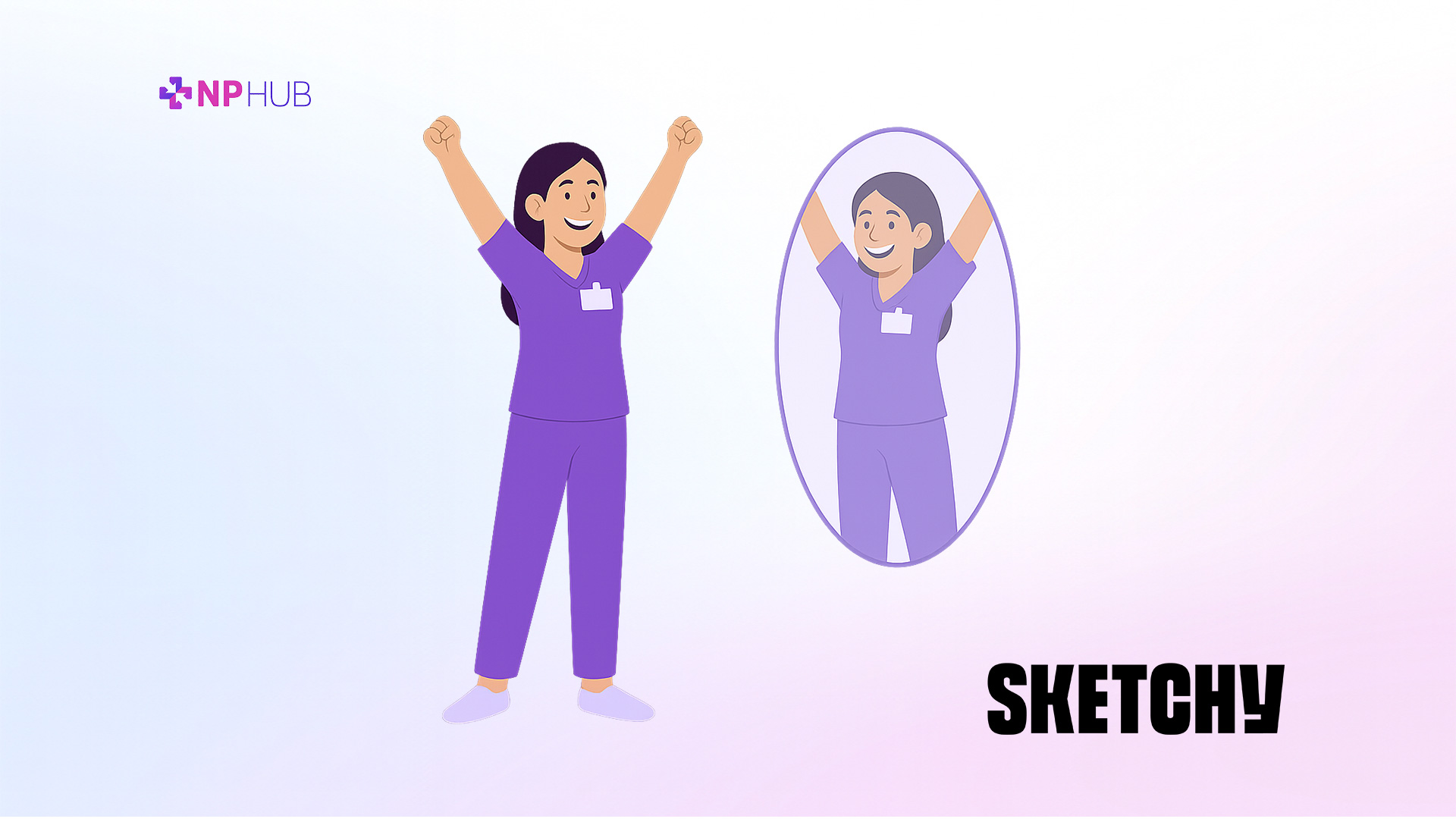NP students in Washington looking to secure a clinical preceptor must identify a licensed professional who meets their program’s clinical requirements willing to complete necessary documentation and affiliation agreements, and can provide supervision for required clinical hours. Because of Washington’s high demand and limited preceptor pool, students often need to start the search 4–6 months in advance or use services like NPHub to avoid graduation delays.
TL;DR: Washington Nurse Practitioners Clinical Placement Guide
- Finding a preceptor in Washington is hard—competition is high, paperwork is slow, and most schools don’t guarantee placement.
- You need to start early—at least 4–6 months before your rotation to avoid delays and secure an eligible preceptor.
- Universities like UW offer placement help, but it often comes with strict limits and zero location flexibility.
- Programs like RNHI support rural rotations with stipends for students and clinical sites—but slots are competitive.
- NPHub simplifies the process, connecting you with vetted preceptors, handling the paperwork, and saving you time, stress, and sleepless nights.
When Finding a Clinical Preceptor Feels Like a Second Full-Time Job in Washington
If you’re an NP student in Washington state right now, chances are your to‑do list already feels impossible.
You’re studying for exams, charting after 12‑hour shifts, answering faculty emails, and on top of all that trying to find a clinical preceptor who isn’t already booked solid. Every “Sorry, we’re full” voicemail, every unanswered email to a practice or office in Seattle, Spokane, or Yakima chips away at your timeline and your sanity.
You’ve heard it before: “Start early.” But in Washington, “early” often means months before your clinical rotation even starts, because preceptor spots can disappear long before your program sends you the official go‑ahead.
And it’s not just about finding anyone, you need someone in your specialty, whether it’s primary care or psychiatric mental health, who meets your university’s clinical requirements and has the commitment and ability to actually teach while managing their own patient load.
Without that, you’re looking at delayed graduation, postponed licensure examination, and more months stuck in limbo instead of advancing in your nursing career.
The truth? You’re not failing because you can’t find a preceptor, the system is stacked against you. And that’s exactly why you need more than persistence.
You need a plan, the right resources, and people in your corner who understand how hard this process is, who can navigate affiliation agreements, documentation, program objectives and how to actually get you across the finish line.
Why Preceptor Access Matters for Nurse Practitioners in Washington
Washington’s nurse practitioner workforce is growing, but the need for clinical placements continues to outpace availability.
As of 2023, there are 12,517 licensed NPs with an active license in the state, yet only 7,390 reside in Washington, and most work in advanced nursing practice roles that leave little spare capacity for mentoring or preceptorship.
The average NP is 47 years old, holds a master’s degree in nursing (77.96%), and works primarily in family health (20.68%) or psychiatric mental health (17.78%), both of which are in high demand for clinical rotations.
On the education side, Washington state hosts nine Doctor of Nursing Practice (DNP) programs, which admitted 304 students in 2021–2022 from 501 qualified applicants. Forty percent of these students identify as racial or ethnic minorities, and attrition remains low at just 3%. That same year, 259 NPs graduated with a DNP clinical specialty and 132 with an MSN‑ARNP, with family nurse practitioners making up the largest group of new graduates.
These next generation providers bring valuable knowledge and skills, but their transition to practice depends heavily on securing the right nursing preceptor.
The demand for NPs is climbing sharply, projected to rise from 4,085 jobs in 2021 to 6,258 by 2031, with a current labor market gap of 835 more jobs than available NPs. This growth, combined with Washington’s competitive healthcare hubs and vast rural community regions, means NP students must start their preceptor search early and strategically to secure a placement that meets their program objectives, aligns with their professional development goals, and fulfills all clinical requirements, from affiliation agreements to documentation.
That’s why starting your search with the right strategy and the right connections matters. The sooner you can identify a clinical preceptor who meets your program objectives, understands your specialty focus, and is ready to guide you through your clinical hours, the sooner you can move forward without delays. NPHub helps make that possible by connecting Washington NP students with vetted clinical preceptors, managing all the paperwork and documentation, and ensuring your clinical placement is approved and ready when you are.
What Does The Clinical Rotations In Washington Support Look Like?
Not every NP student in Washington state has to tackle the preceptor search alone. While many programs expect students to find their own clinical placements, some universities and statewide initiatives provide structured help, ranging from full placement coordination in urban areas to financially supported rotations in rural primary care settings.
Here’s what that support can look like, and how it might shape your preceptor search experience.
University of Washington School of Nursing
At the University of Washington School of Nursing, graduate nursing students don’t have to find a clinical preceptor entirely on their own.
Every student is assigned a Clinical Placement Coordinator for their track, who works alongside faculty and track leads to secure a site that meets program objectives and maintains a high‑quality learning environment. They consider preceptor availability, the site’s teaching quality, your prior clinical experience, track‑specific requirements, and your individual strengths and growth areas.
This system means you avoid cold calls, mass emails, and affiliation agreement negotiations, but it comes with trade‑offs. Placements are assigned entirely at the discretion of faculty and staff, without factoring in your location preferences or transportation challenges.
You can be placed anywhere in the greater Seattle metro area or adjacent counties, and you’re responsible for transportation costs (gas, ferry, or bus fare), site compliance requirements (paperwork, orientations, training, fingerprinting, drug screening), and purchasing your own name tag, professional attire, and lab coat.
Rural Nursing Health Initiative (RNHI)
For students aiming to complete clinical hours in rural primary care or population health settings, the Rural Nursing Health Initiative (RNHI) offers a very different model, one with significant financial support.
This competitive program, available to students from six universities including UW, provides a $10,000 stipend to cover living expenses during rural placements, along with travel and housing support to make these assignments possible.
Participating rural clinical sites receive a $4,000 stipend to encourage them to take on nursing preceptor responsibilities. With 47 rural sites across 21 counties, RNHI places about 20 students each year for one quarter or semester.
Beyond funding, RNHI offers faculty development for preceptors, builds relationships with rural providers, and assists with housing arrangements, though housing can still be challenging in some areas.
Between 2021 and 2023, the program successfully placed 80 DNP students in rural settings that might otherwise have been inaccessible due to cost or logistics, giving participants valuable exposure to underserved communities and expanding access to clinical placements across Washington.
Even with strong university coordination or programs like RNHI, there’s no guarantee your placement will perfectly match your specialty, schedule, or location needs.
If you’re still without a confirmed clinical preceptor, or your assigned site isn’t the right fit, you’ll need a backup plan. That’s where taking a DIY approach or partnering with a service like NPHub can make the difference between scrambling at the last minute and securing your clinical rotation.
3 Key Tips to Boost Your DIY Washington NP Preceptor Search
Even with support from your university or statewide programs like RNHI, many Washington nurse practitioners in training still need to secure their own clinical placements.
If that’s you, here are three proven strategies to make the process faster and less stressful while meeting your clinical requirements.
1. Don't Take Too Long To Search For Your Preceptor
In Washington state, nursing preceptor spots can disappear months before rotations begin. Large health systems require credential checks, affiliation agreements, and multiple compliance procedures that can take 6–8 weeks or more.
Begin your search 4–6 months in advance so you have time to recover from rejections, delays, or sudden cancellations—and to stay in good standing with your program.
2. Expand Your Search Radius and Specialty Options
While metro areas like Seattle, Spokane, and Tacoma have more clinical preceptors, they also have the most competition.
Consider suburban, rural, or community health sites, where nursing preceptors may have more flexibility and time for mentoring. If your program allows, explore nearby states like Oregon or Idaho, which may have less competition for clinical rotations and still meet your syllabus and training objectives.
3. Lead With a Strong, Professional Pitch
When contacting potential preceptors, make it easy for them to say yes. Include who you are, your NP track, the number of clinical hours you need, your rotation dates, and the fact that your university handles liability coverage and affiliation agreements.
A clear, complete first message demonstrates professional development, aligns with program expectations, and helps you stand out in a competitive field.
Why is NPHub the Best Option To Find NP Preceptors in Washington?
The DIY route can work but it’s often a high‑stress, high‑risk process. You’re balancing coursework, training, and employment while trying to navigate clinical requirements, contact nursing preceptors, and secure clinical placements that meet your program objectives.
One missed email, delayed affiliation agreement, or unmet compliance step can push your licensure timeline back and delay your entry into advanced nursing practice.
That’s where NPHub steps in, not just as a service, but as your behind‑the‑scenes problem solver. We connect Washington nurse practitioner students with vetted clinical preceptors who are eligible, in good standing, and committed to mentoring the next generation of providers.
Every placement is evaluated to ensure it meets your clinical requirements, supports your professional development, and aligns with your specialty focus, whether that’s primary care, psychiatric mental health, or population health.
With NPHub, you get:
- A ready network of +2000 vetted preceptors across Washington state in multiple specialties
- Full management of affiliation agreements, documentation, and compliance requirements
- Faster matching so you can focus on patient treatment, building skills, and preparing for your examination
- A placement process that respects your schedule, fulfills your program’s syllabus, and meets all objectives for professional excellence
With NPHub, your clinical placement is no longer a gamble, it’s a guaranteed step toward graduation, licensure, and entering practice on time. Create your free NPHub account and boost your NP journey, with a guide who understands the responsibilities, ethics, and expectations of this profession, and who’s committed to helping you meet them all.
Don’t Let Washington NP Preceptor Shortage Delay Your Graduation
In Washington state, securing the right clinical preceptor isn’t just a graduation requirement, it’s the bridge between being a nursing student and becoming a licensed nurse practitioner ready to serve your community.
With competitive clinical placements, strict program requirements, and busy providers already carrying heavy practice loads, the process can test even the most organized and determined students.
You’ve worked too hard in your program, completing science courses, building skills, and preparing for your examination, to risk it all on a last‑minute scramble. Whether you choose the DIY approach, take advantage of university or state programs, or let NPHub handle the search, what matters most is starting early and having a strategy that works.
NPHub gives you that strategy plus the resources, vetted clinical preceptors, and streamlined process to match you with the right site, handle affiliation agreements and documentation, and make sure your clinical hours are accepted and on track.
This is your moment to step confidently into practice, meet your professional development goals, and join the next generation of Washington nurse practitioners delivering exceptional care.
Create your free NPHub account today to explore how we help NP students in Washington get placed with clarity, transparency, and zero guesswork. See how it works, browse available specialties, and decide if we’re the right fit for your journey.
FAQ: Clinical Preceptors & Rotations for NP Students in Washington
1. How do NP students in Washington find a clinical preceptor?
Most students find preceptors through school-assigned coordinators, professional networks, or by contacting clinics directly. Some universities help with placements, but many students still need to secure their own, especially if they have location or specialty preferences.
2. What are the clinical hour requirements for NP programs in Washington?
Most NP programs require between 500 and 1,000 supervised clinical hours, depending on the specialty and degree level. These hours must be completed under the supervision of an approved preceptor in a practice setting aligned with your track.
3. What’s the difference between finding a preceptor on your own vs. using a service like NPHub?
DIY placement searches require students to cold-call, email clinics, and handle all paperwork. NPHub offers vetted preceptors, handles affiliation agreements, and speeds up the process, reducing stress and delays for busy students.
4. Can I choose the location of my clinical placement in Washington?
That depends on your school. Some programs assign placements without factoring in student preferences, while others allow flexibility if you find a site that meets all program and credentialing requirements.
5. What specialties are most competitive for clinical rotations in Washington?
Family practice and psychiatric mental health are especially competitive due to high NP demand. Rural placements may be more available, and initiatives like RNHI offer financial support for rural rotations.
6. Are preceptors paid in Washington?
Many preceptors volunteer their time, but some programs and services like RNHI or NPHub offer financial compensation to sites or providers, which can improve placement success.
7. What documents or requirements do I need to submit before starting a rotation?
Typical requirements include proof of liability insurance, signed affiliation agreements, background checks, drug screenings, and documentation of immunizations and training.
8. What happens if I can’t find a preceptor in time?
You may risk delayed graduation or conditional enrollment status. Some schools allow a short grace period or offer limited help, but many students turn to external placement services when timelines are tight.
9. Is using a preceptor placement service worth the cost?
For students juggling work, family, and school, the cost often outweighs the risk of graduation delays. Placement services offer peace of mind, confirmed matches, and less paperwork.
10. Can I complete a Washington clinical placement out of state?
Some programs allow placements in nearby states like Oregon or Idaho if the site meets credentialing standards and has an active affiliation agreement with your school. Always check with your coordinator first.
Key Definitions
- Clinical Preceptor
A licensed healthcare provider (typically an NP, MD, or PA) who supervises and evaluates NP students during clinical rotations, helping them apply academic knowledge to real-world patient care. - Clinical Placement:
Hands-on training period where NP students complete supervised clinical hours in a healthcare setting as required by their nursing program. - Affiliation Agreement
A formal contract between a university and a clinical site, outlining the legal and educational terms under which students can complete their rotations. - Clinical Hours:
The required number of supervised hours NP students must complete to graduate and qualify for licensure. Most programs require 500–1,000 hours. - Primary Care
A healthcare specialty focused on general health maintenance, disease prevention, and treatment of common illnesses—often a core rotation for NP students. - Psychiatric Mental Health
A clinical specialty involving the assessment and treatment of mental health disorders, commonly pursued by NP students in Washington. - Preceptorship
The professional relationship between a student and preceptor during a clinical rotation, focused on mentoring, skill development, and real-time evaluation. - DNP (Doctor of Nursing Practice)
A terminal practice-focused degree for advanced nursing, often requiring more intensive clinical training and hours than MSN-level programs. - Good Standing
A student status indicating all academic, financial, and compliance requirements have been met, which is necessary before beginning clinical rotations. - Compliance Requirements
Documentation and screenings (e.g., drug tests, immunizations, background checks) that must be completed before starting a clinical placement.
About the author
- NPHub Staff
At NPHub, we live and breathe clinical placements. Our team is made up of nurse practitioners, clinical coordinators, placement advisors, and former students who’ve been through the process themselves. We work directly with NP students across the country to help them secure high-quality preceptorships and graduate on time with confidence. - Last updated
Aug 6th, 2025 - Fact-checked by
NPHub Clinical Placement Experts & Student Support Team - Sources and references
- https://www.wcnursing.org/wp-content/uploads/documents/reports/2023-Nurse-Practitioner-Data-Snapshot_Final_12.14.2023.pdf
- https://www.ruralhealthinfo.org/project-examples/1131?utm_source=chatgpt.com
- https://students.nursing.uw.edu/clinical-skills/clinical-education/graduate-rotations/
- https://students.nursing.uw.edu/policies/student-policies/clinical-placements/
- https://www.nphub.com/rotation-paperwork-process
- https://www.nphub.com
Find a preceptor who cares with NPHub
Book a rotation.webp)








.webp)


.webp)



.webp)